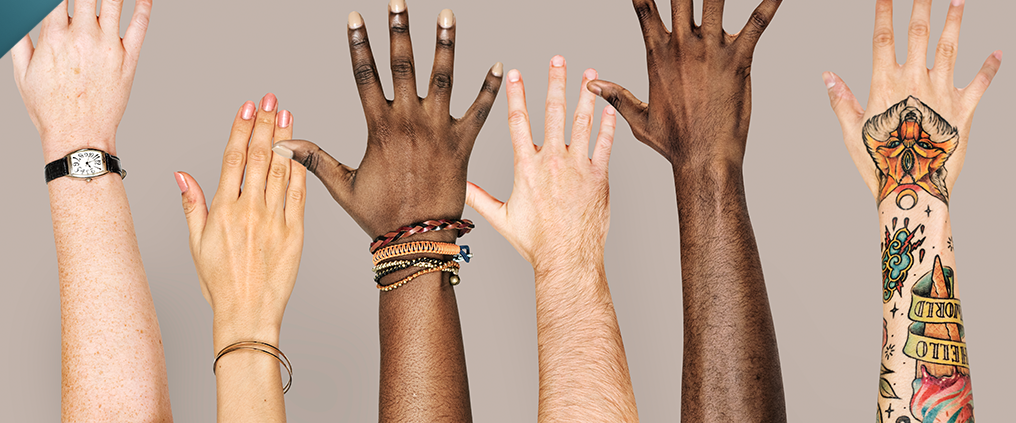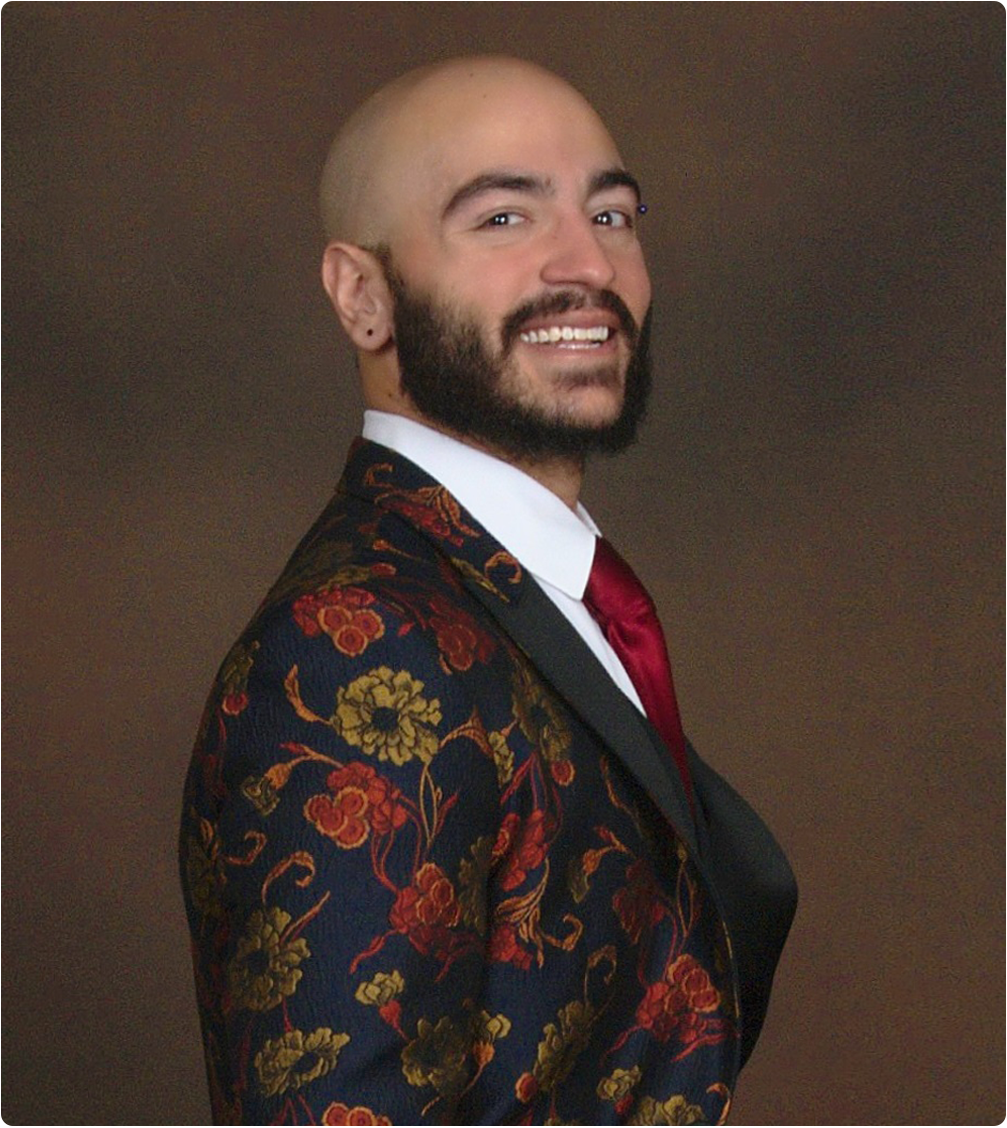

Best Practices in Identifying & Addressing Implicit Bias
Learning Objectives
Upon completion of this comprehensive and engaging course, you will be able to:
- Explain the 6-step motivational process for changing biases
- Compare and contrast the measurement of implicit bias versus explicit bias
- Discuss the strengths and weaknesses of the Implicit Association Test (IAT) in assessing automatic preferences
- Describe the evolutionary biological roots of implicit bias
- Differentiate between System 1 (subconscious) and System 2 (conscious) information processing
- Identify the most common cognitive biases found in researchers
- Provide evidence of implicit bias in academic letters of recommendation, university hiring decisions, and peer-reviewed publishing
- Differentiate between implicit bias, microaggressions, and stereotype threat
- List 4 commonly used debiasing strategies that research has found DO NOT work
- Review 7 key evidence-based debiasing strategies that DO work
Instructor

Jay Phoenix Singh, PhD, PhD is a Fulbright Scholar and the internationally award-winning Executive Director of Publication Academy. Author of over 90 peer-reviewed articles and book chapters (average 400+ citations/year since 2010) as well as 4 books (published by Routledge, Wiley, Sage, and Oxford University Press), he completed his graduate doctoral studies in psychiatry at the University of Oxford and clinical psychology at Universität Konstanz. He was named the youngest tenured Full Professor in Norway in 2014 before accepting faculty appointments at the University of Cambridge as well as the University of Pennsylvania. Since this time, he has become the only psychology professor to have lectured for all eight Ivy League universities (Harvard, Yale, Princeton, Columbia, Cornell, Brown, Dartmouth, UPenn) as well as both Oxford and Cambridge. Dr. Singh has provided keynote speeches at leading academic conferences on six continents, and his work has been featured in leading newspapers such as The Washington Post and magazines such as People. He has been the recipient of awards from organizations including the American Psychological Association, the Royal College of Psychiatrists, the Society for Research in Child Development, the Society for Research in Adolescence, the American Board of Forensic Psychology, the American Psychology-Law Society, and the European Congress on Violence in Clinical Psychiatry.


